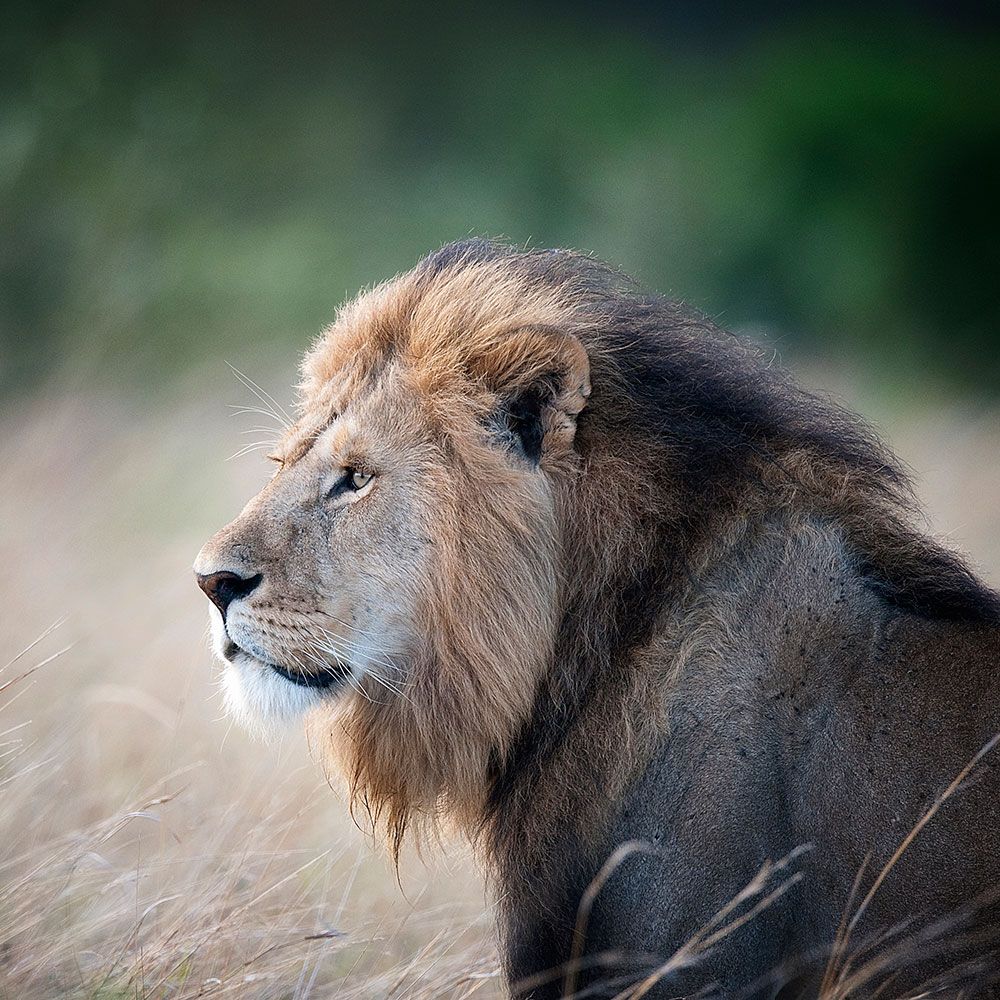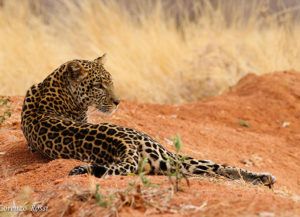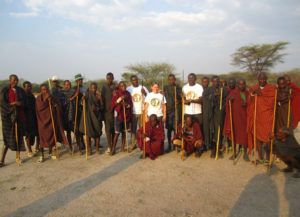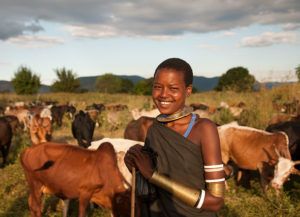Lions Project profile
Lions & other carnivores
Study species: Lion, spotted hyaena, leopard, cheetah and wild dog
Project location: Ruaha, Iringa Region, Tanzania
Species fact: Lions’ noses get darker as they age, so we can use the colour to work out how old they are. This is unique for lions amongst the big cats.
Problem: Protected areas in Tanzania are not fenced, which means that wildlife and humans come into contact, often leading to conflict. Attacks on livestock, combined with traditional beliefs, mean that carnivores are frequently the victims of indiscriminate killings on village land around protected regions.


Goal 1
To collect information about the ecology, distribution, movement, mortality and abundance of carnivores and their prey across the Ruaha landscape.

Goal 2
To investigate the extent of human-carnivore conflict around Ruaha National Park. To understand whether bushmeat hunting is also a serious threat, and then implement locally appropriate strategies to reduce those threats.

Goal 3
To reduce the costs to villagers of living alongside carnivores by providing communities with direct benefits from the presence of carnivores in order to increase tolerance and enable coexistence.

What your donation can achieve
£25
could help us supply a village with a guard puppy and diamond mesh fencing to protect livestock.
£50
could help us encourage a young warrior to become a lion defender.
£100
could help us provide much needed veterinary assistance and food for school children.
Header banner video ‘Walk alongside a pride of lions in Ruaha National Park, Tanzania’ by Vincent Kavaya.

